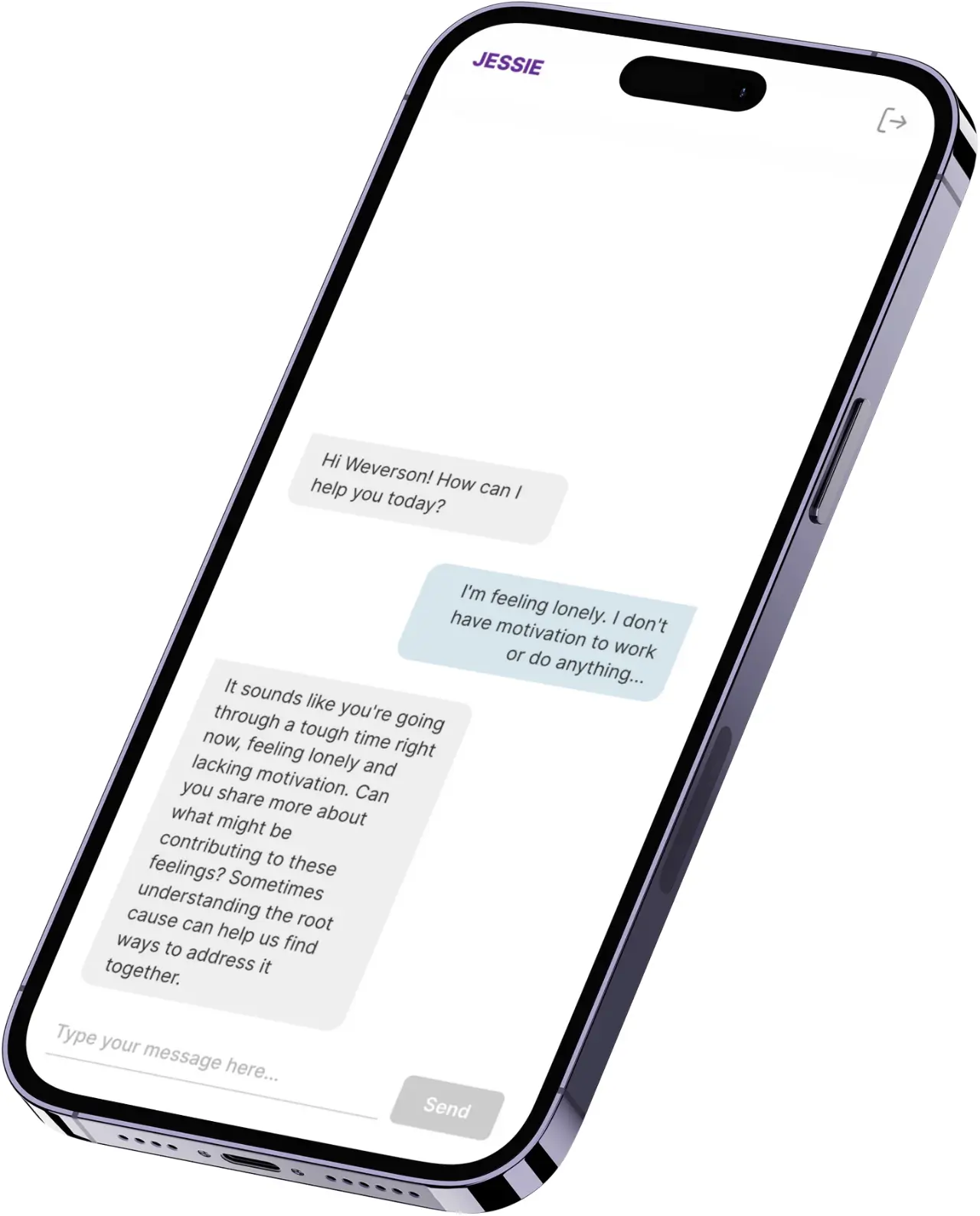
How to Cope with Sadness After Losing a Job
Losing a job can be one of the most challenging experiences in life. The sudden shift from a structured routine to uncertainty can trigger a variety of emotions, including sadness, anxiety, and even depression. But it's important to remember that you are not alone, and there are effective ways to navigate through these difficult times.
Meet Alex: A Story of Resilience
Alex, a 35-year-old marketing professional, was thriving in his career when he suddenly found himself without a job. The company he worked for downsized, and Alex was left grappling with a whirlwind of emotions. Initially, he felt overwhelmed by sadness and anxiety, unsure of how to move forward.
Initial Struggles
During the first few weeks, Alex struggled to get out of bed. The loss of his job had not only impacted his financial stability but also his self-esteem. He found himself questioning his skills and worth, leading to a downward spiral of negative thoughts. This is a common reaction; losing a job can feel like losing a part of your identity.
Statistics show that job loss can significantly increase the risk of depression and anxiety. According to a study by the American Psychological Association, unemployed individuals are twice as likely to experience psychological distress compared to those who are employed.
Discovering Online Therapy
One day, while scrolling through social media, Alex came across an article about online therapy. Intrigued, he decided to explore this option. The convenience of online counseling appealed to him, as it allowed him to seek help from the comfort of his home. He signed up for a session with a licensed therapist specializing in anxiety treatment and depression counseling.
The Journey Begins
During his first session, Alex felt a sense of relief. His therapist provided a safe space for him to express his feelings without judgment. They worked together to identify the root causes of his sadness and anxiety, and developed a personalized plan to help him cope.
One of the key strategies Alex learned was the importance of setting small, achievable goals. This helped him regain a sense of control over his life. He also practiced mindfulness programs, which played a crucial role in managing his stress and anxiety.
Over time, Alex's therapist introduced various techniques for stress management and emotional regulation. They explored trauma therapy to address past experiences that were contributing to his current emotional state. Alex also participated in online support groups, which provided a sense of community and shared understanding.
Positive Outcomes
After several months of consistent online therapy, Alex began to notice significant improvements in his mental health. He regained his confidence and started applying for jobs with a renewed sense of purpose. The coping strategies he learned through online counseling helped him navigate the ups and downs of the job search process.
Eventually, Alex landed a new job that aligned with his skills and passions. He continued to use the tools and techniques he had learned to maintain his mental well-being. His experience with online therapy not only helped him cope with the sadness of job loss but also equipped him with valuable skills for future challenges.
Finding Hope in Online Therapy
Alex's story is a testament to the power of online therapy. If you are struggling with the emotional toll of job loss, consider exploring online counseling options. Mental health services, including anxiety treatment and depression counseling, can provide the support you need during this difficult time.
Remember, seeking help is a sign of strength, not weakness. Whether you are dealing with job loss, relationship issues, or other life challenges, online therapy can offer a convenient and effective way to improve your mental health.
Take the Next Step
If you are ready to take the next step in your mental health journey, consider reaching out to a licensed therapist. You can also use our AI chat tool, Jessie Therapy Assistant, for immediate support and guidance. Remember, you don't have to navigate this journey alone.
Let's work together to build a brighter, healthier future.



